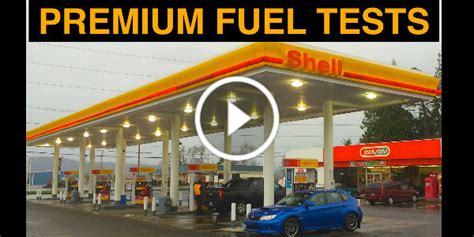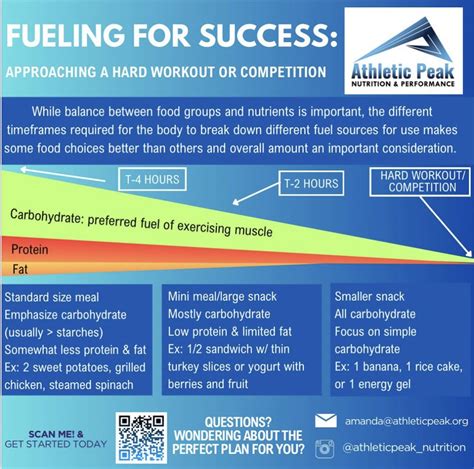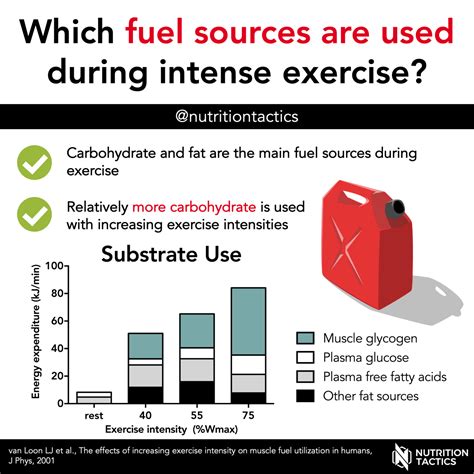Unpacking the Premium Fuel Myth for Daily Drivers
Many drivers wonder if splurging on premium fuel, with its higher octane rating, offers tangible benefits for their daily driver’s engine health. The allure of “premium” often suggests superior quality, better performance, or enhanced longevity. However, for most everyday vehicles, the reality is far simpler and less glamorous than marketing might imply.

Understanding Octane: What Does it Really Mean?
The primary difference between regular and premium gasoline is its octane rating. This number (e.g., 87 for regular, 91 or 93 for premium) indicates the fuel’s resistance to pre-ignition or “knocking.” Engine knocking occurs when the fuel-air mixture ignites spontaneously before the spark plug fires, leading to a destructive collision of flame fronts that can damage engine components over time. Higher octane fuel is more stable and less prone to this premature ignition, making it suitable for engines designed to operate at higher compression ratios or with forced induction (turbochargers, superchargers).
When Your Engine Truly Needs Premium Fuel
Modern engines are precisely engineered, and their fuel requirements are clearly specified by the manufacturer. Vehicles designed with high compression ratios, direct injection, or forced induction systems often require premium fuel. These engines capitalize on the higher octane to prevent knocking and extract maximum performance and efficiency. Using regular fuel in an engine designed for premium can lead to the engine’s computer adjusting timing to prevent knock, which results in reduced power, lower fuel economy, and potential long-term stress on components.

The Truth for Engines Designed for Regular Gas
For the vast majority of daily drivers, which are designed to run perfectly on regular 87 octane gasoline, using premium fuel offers no discernible benefits for engine health, performance, or fuel economy. These engines are calibrated to operate efficiently with lower octane fuel, and their control systems won’t gain anything from higher octane. You won’t get more horsepower, better mileage, or a cleaner engine. Any perceived improvements are generally anecdotal or psychological.
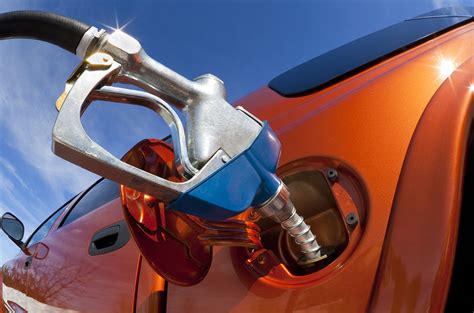
Additives and Engine Health: A Separate Story
Some drivers mistakenly believe that premium fuel contains superior additives that clean their engine more effectively. While all grades of gasoline in the U.S. (and many other regions) are required to contain detergents to prevent engine deposits, these are present in both regular and premium fuels. The Top Tier Detergent Gasoline standard, often recommended by manufacturers, ensures a higher concentration of these cleaning additives, but Top Tier fuel is available in all octane grades, not just premium.

What Actually Matters for Your Engine’s Health
Instead of focusing on premium fuel for a regular-grade engine, prioritize factors that genuinely contribute to engine longevity and health:
- Regular Oil Changes: Use the correct type and viscosity of oil recommended by your manufacturer.
- Scheduled Maintenance: Follow your car’s service schedule for fluid changes, filter replacements, and spark plug checks.
- Quality Fuel (Correct Grade): Always use the octane rating specified in your owner’s manual. If it says regular, use regular. If it says premium, use premium.
- Smooth Driving Habits: Avoid aggressive acceleration and braking when possible.
- Addressing Warning Lights: Don’t ignore check engine lights or other indicators.
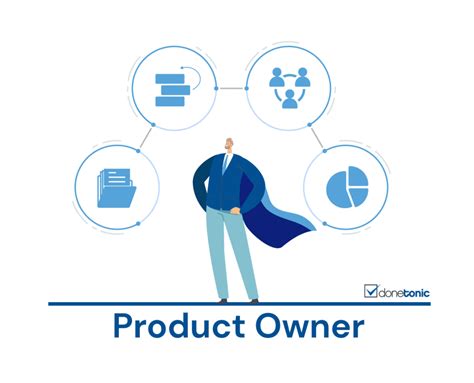
The Verdict: Save Your Money
Unless your car’s owner’s manual explicitly states that premium fuel is “required” or “recommended” for optimal performance, there is no engine health benefit to using it in your daily driver. Stick to the recommended octane level, as paying extra for premium fuel when it’s not needed is simply throwing money away. Focus instead on diligent maintenance and following manufacturer guidelines to keep your engine running smoothly and reliably for years to come.
